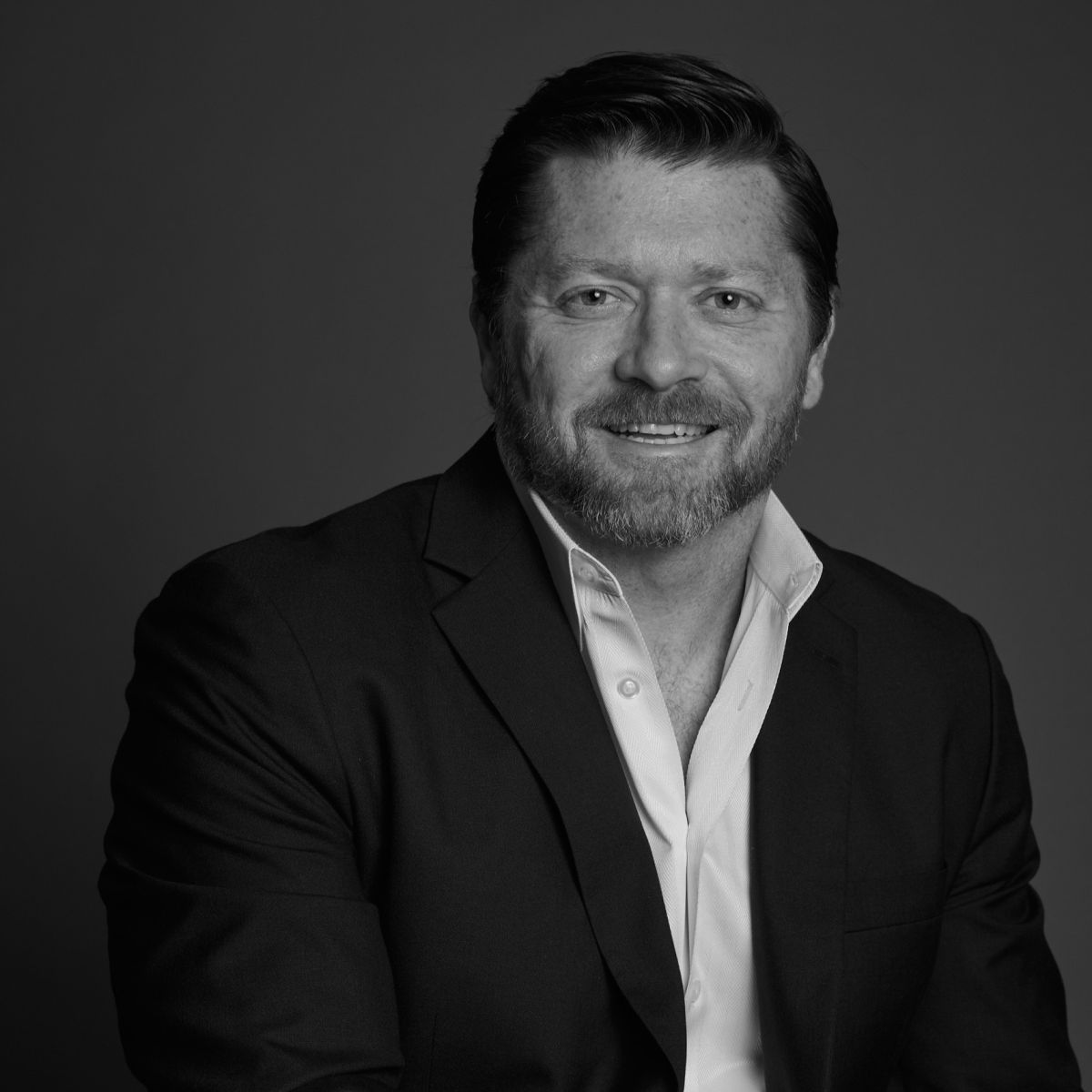Wealth management firms that serve high net worth and ultra-HNW clients will need to be increasingly international in their operations as complexities grow, a senior figure for AITi Global, aka AITIi Tiedemann Global, argues.
As large multi-family offices and wealth managers headquartered in the US push into international markets – sometimes via M&A – it shows how important cross-border capabilities are becoming. This appears to be a driver of M&A strategy for some businesses .
Kevin Moran , president and COO at AlTi Tiedemann Global, is optimistic about the future of his firm’s business model.

Kevin Moran
“We are big believers in the global opportunity set. a global platform and service offering to ultra-high net worth clients and they are going to be increasingly global in how they operate,” Moran told this publication. “They want to be able to seamlessly manage their wealth across jurisdictions.”
AITi Global, now listed on the Nasdaq, was formed from the transatlantic merger between Tiedemann Group, the US-based multi-family office, and London’s Alvarium Investments, more than two years ago. The deal, first announced in 2021, was wrapped up at the start of January 2023. In May that year it also acquired Singapore’s AL Wealth Partners, and this year it acquired Kontora Family Office, based in Hamburg. Strategic partnerships have also been part of the mix. Allianz X and Constellation Wealth Capital are investing up to $450 million into the firm. In November 2024, AITi Global inked a pact with Allianz Global Investors to build a private market offering for the ultra-HNW wealth segment.
And that move came at a time when private market investing has become one of the most talked-about trends in wealth management.
Experience
Focusing on alternative investments is not new for the group; it sits with the long-term time horizons of its clients, Moran said. “Alternatives typically form an average of 20 per cent of a client portfolio,” he said. Besides the areas of private equity, real estate, venture capital, private credit, hedge funds and infrastructure, other topics that arise in client conversations include secondaries and co-investment opportunities.
“A lot of our clients are entrepreneurs who had a lot of success in growing a business and will be very knowledgeable about that sector,” he said.
“We work with several hundred clients across the world; some are interested in general asset classes and others are more about individual investments,” he said.
Moran said he and his colleagues take time to explain to clients the advantages – and risks – that private markets bring.
“We expect private markets to continue to attract capital,” he said, noting a continued shift from public to private markets.
At an investment management conference hosted by Bloomberg in September – and attended by this news service – speakers noted that limited partners want geographical diversification for their private investments beyond the US.
The ways in which ultra-wealthy investors consider liquidity, meanwhile, came up in this Deutsche Bank survey of family offices, issued last week.
